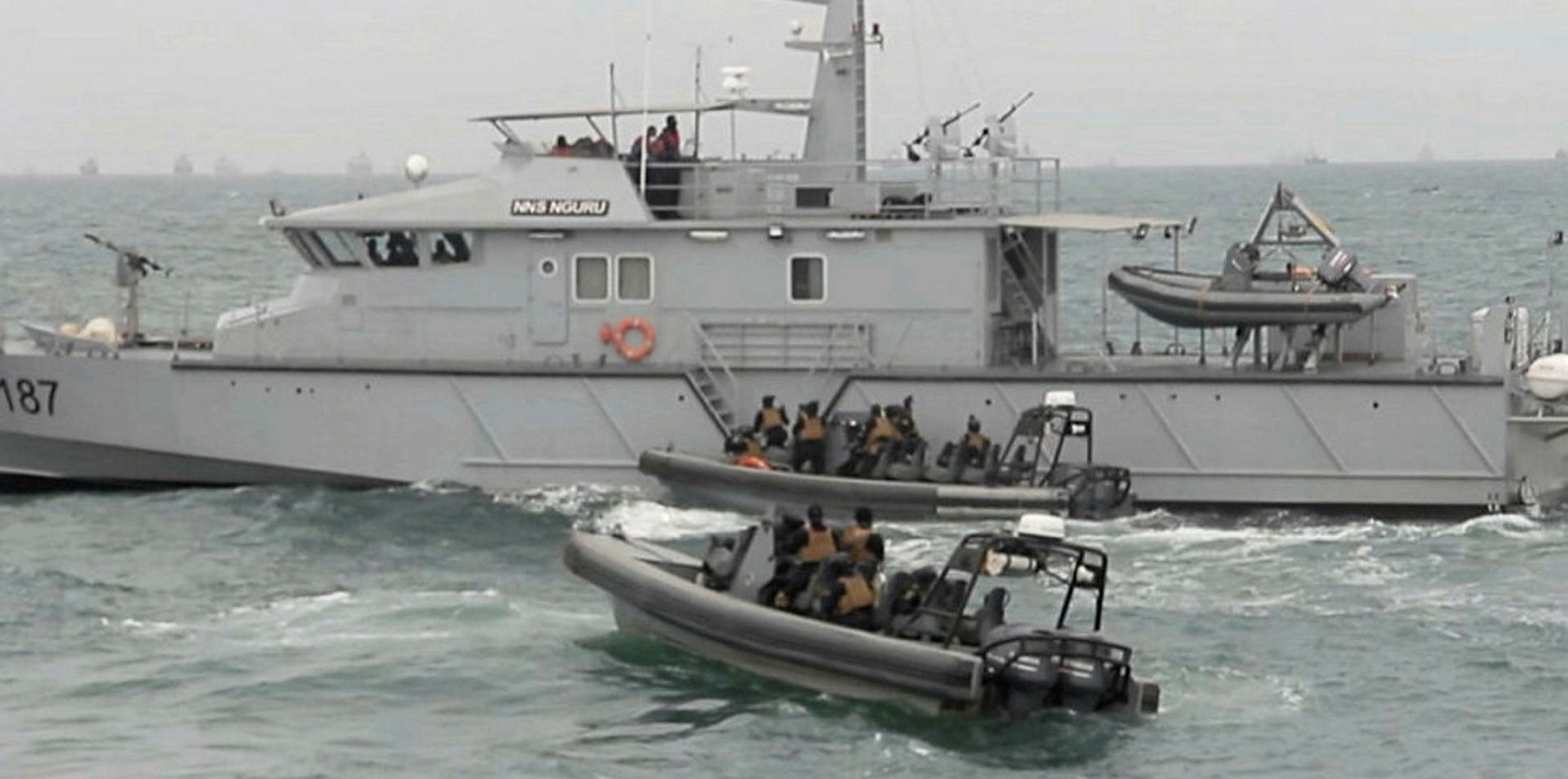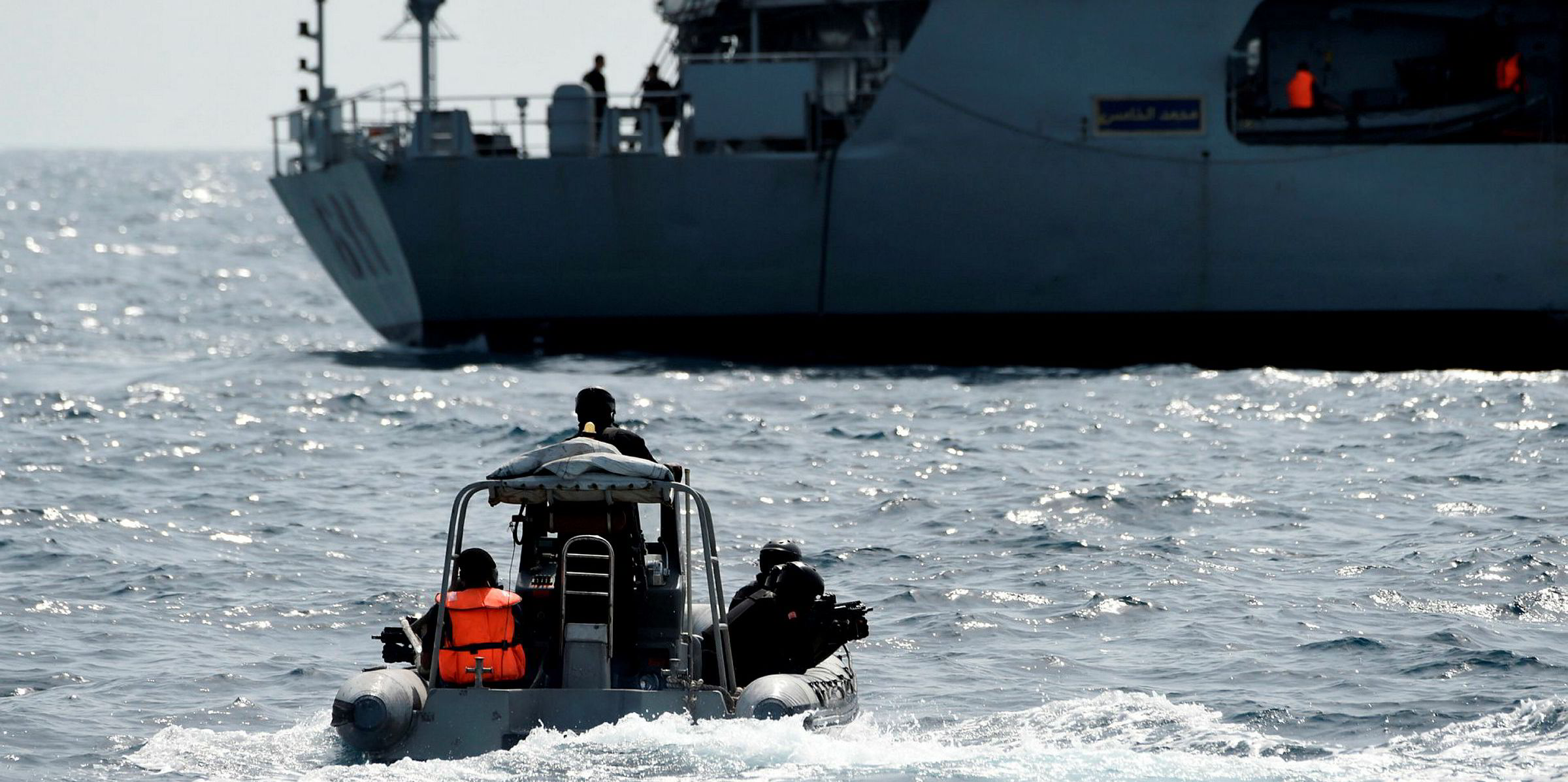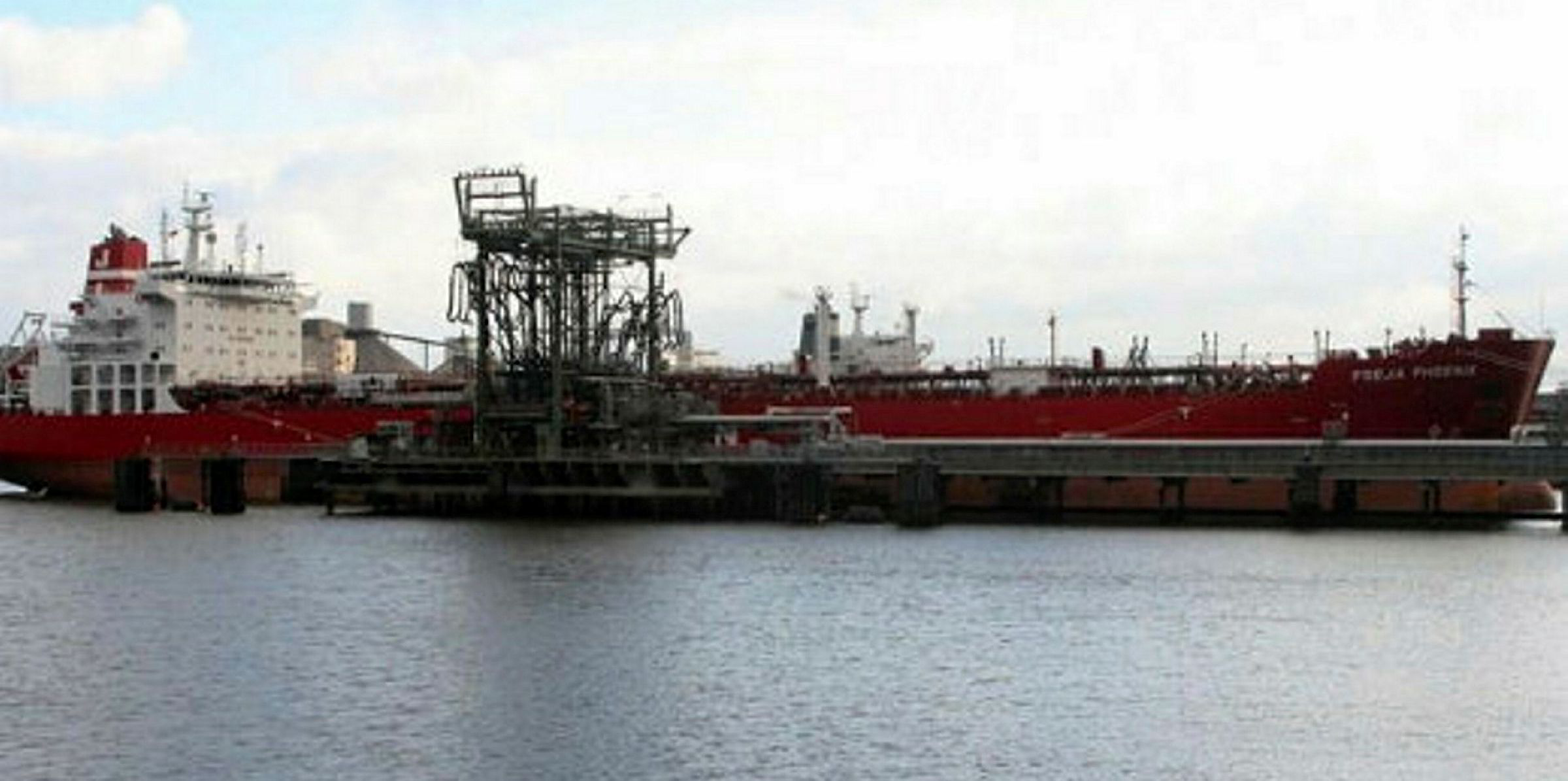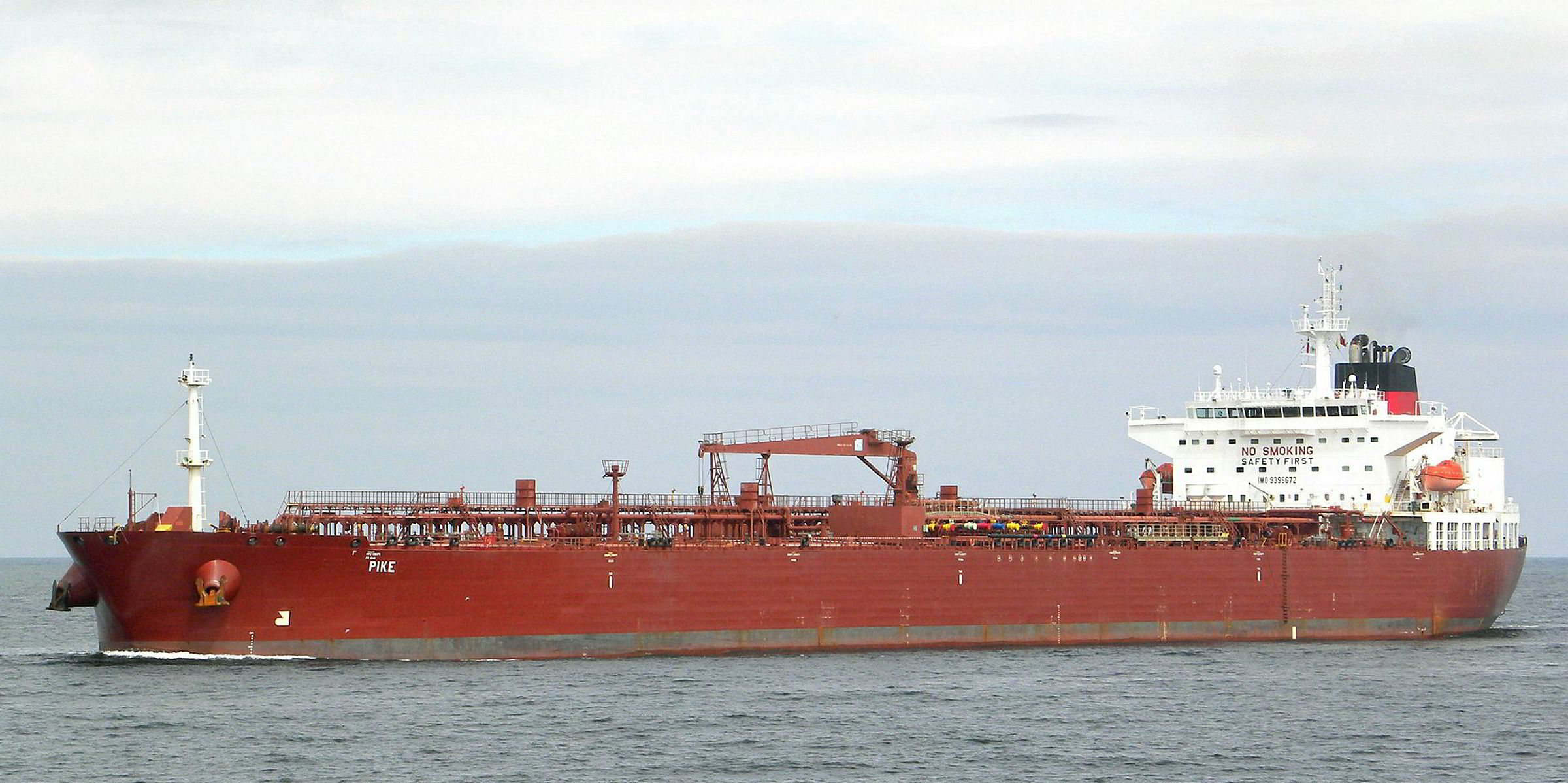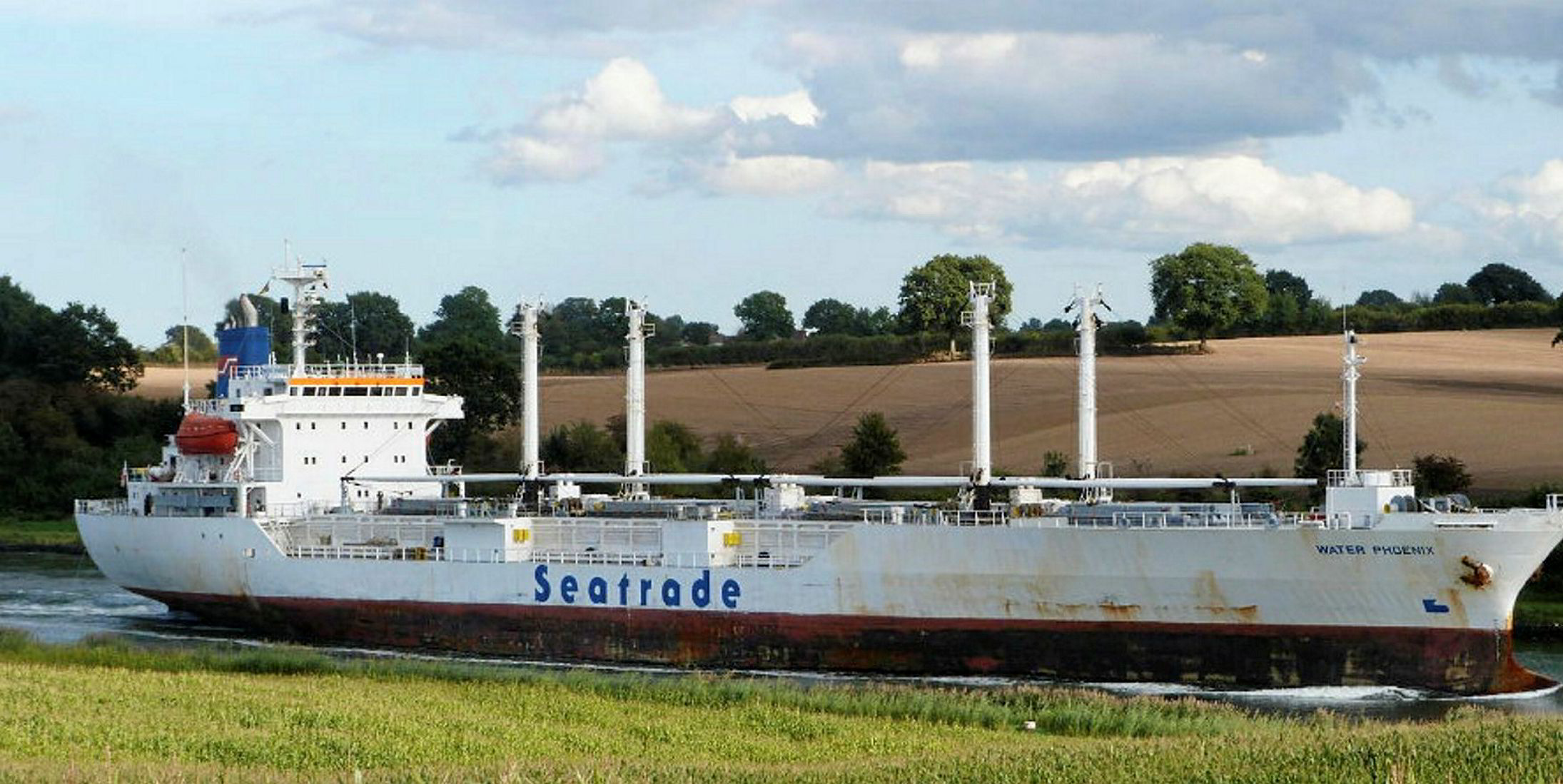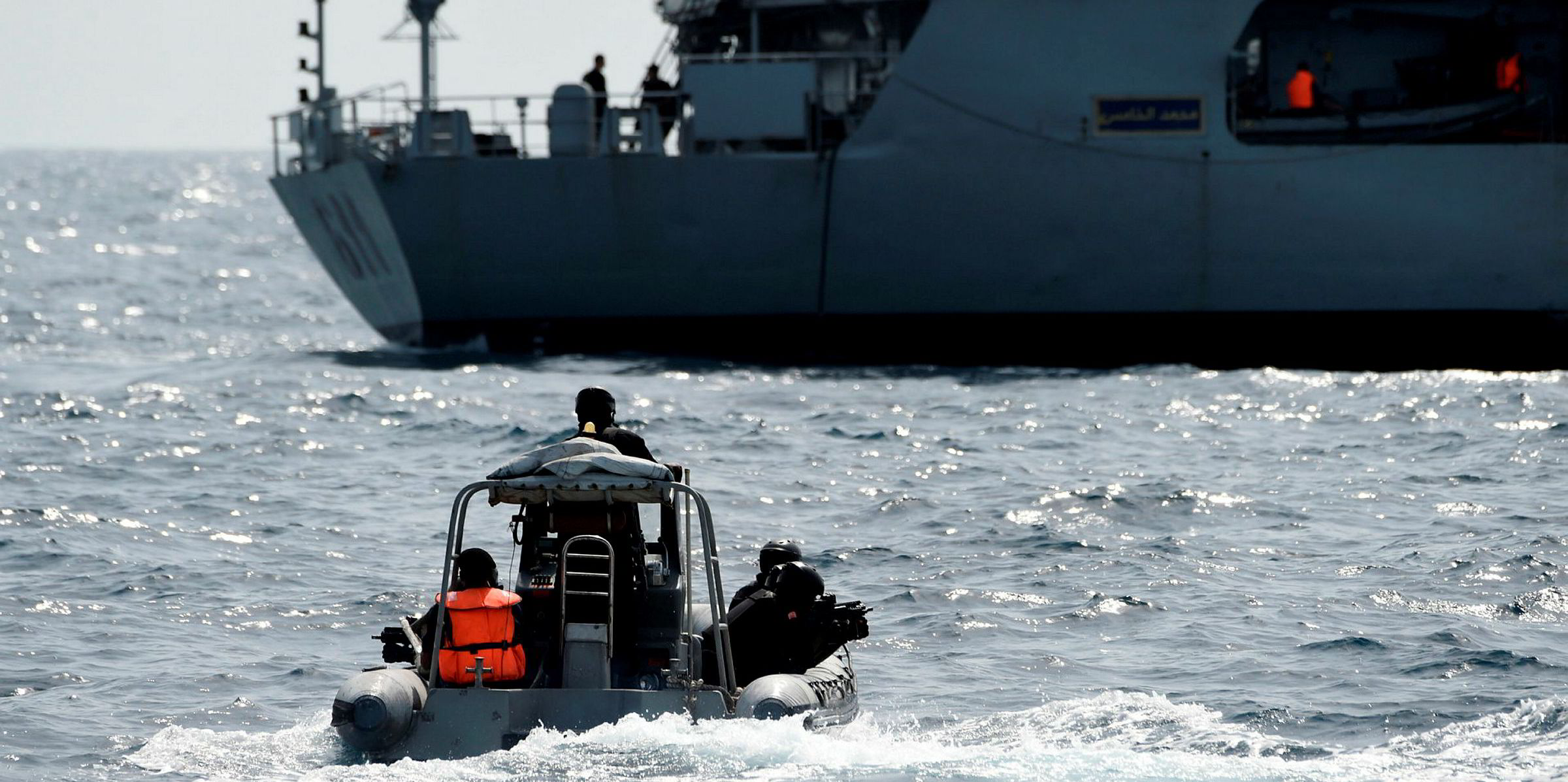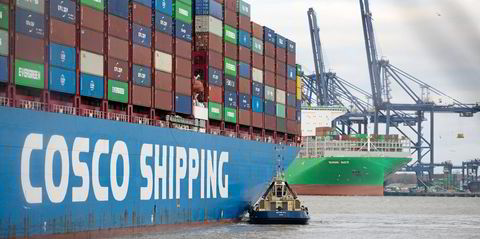Shipowners' organisation Bimco has urged Nigeria to step up efforts to safeguard seafarers as more and more crew are kidnapped from vessels in the Gulf of Guinea.
The plea from the Danish-headquartered body came as the Joint War Committee (JWC) of the Lloyd's Market Association (LMA) redrew the listed extended risk area in the West Africa region.
Having covered only the exclusive economic zones (EEZs) of Togo, Benin and Nigeria north of latitude 3 degrees north since 2013, the update now includes areas further to the south and east between Lome in Togo and Cape Lopez in Gabon.
Jakob Larsen, head of maritime safety and security at Bimco, told TradeWinds: "Since 2014 when the oil prices collapsed, seafarers have been kidnapped by Nigerian pirates in increasing numbers.
"Before 2014, the objective of pirates was often theft of oil cargoes for onwards sale on the black market. The total numbers of attacks in the Gulf of Guinea has been more or less steady over the years."
He called the rise in kidnappings an "extremely worrying development".
Larsen said 105 crew had been abducted in 2016, 111 in 2017 and 156 in 2018, rising to 177 last year and 95 so far in 2020.
"With the rainy season about to end, the outlook for the rest of 2020 is a bit gloomy. While statistics vary slightly, this is common knowledge throughout the industry," he added.
Security consultancy Risk Intelligence's senior analyst Dirk Siebels said during a recent company webinar that the threat of piracy remains, but the higher number of reported attacks in West Africa is partly due to more rigorous logging of incidents.
He said a rise in reported attacks does not mean an increase in actual attacks, and argued that a number of targeted raids involved vessels or crew that may be carrying out illegal activities, rather than random strikes on other cargo vessels.
But Bimco's Larsen said the organisation was speaking out because Nigerian piracy is a problem which for years has been neglected.
"In the past, others have seen the problem as the cost of doing business, but Bimco will not passively sit by while our members’ personnel are being shot at, kidnapped and occasionally killed," Larsen added.
A manageable problem?
"The ball is in the court of the Nigerian authorities. This is a manageable problem which could be brought under control by taking the right steps as we saw off Somalia a few years ago."
And the security executive added: "Nigeria has taken some steps in the right direction like...criminalising piracy and acquiring law enforcement capabilities, but we have still not seen a convincing effect of these initiatives on attack and kidnap statistics."
Neil Roberts, head of marine underwriting at LMA, told TradeWinds that the JWC changed the risk area in recognition of the "clear spread" of attacks outside the previous zone.
"The key point for underwriters is to get a notification advice as ships enter the region and that gives insurers the chance to assess matters for themselves," he added.
"At the same time, it raises the awareness of masters and that is the first defence in the mitigation toolbox. No crew that is attacked will care whether anyone has argued over the riskiness of an area."
Crew need to be alert
And Roberts said that seafarers will also not take any comfort from the lack of legal action against attackers.
"If they are on the look out and prepared, that would be the best way of avoiding being boarded," he said.
"Having to notify insurers is one step toward that alertness."
Analyst Munro Anderson, of security consultancy Dryad Global, told TradeWinds that some incidents are related to "criminal disputes and inter-syndicate activity".
"However, the evidence suggests this number is small," he said.
"In addition, we see the increasing prevalence of incidents beyond the traditional heartlands of the Nigerian EEZ as being indicative of a growing trend of insecurity."
Premiums also increasing
Chris Goddard, CEO, founder and underwriter of marine war risks at Vessel Protect, said additional premiums have increased in 2020 due to a proliferation of piracy in West Africa in both the marine war and kidnap and ransom market.
"The expansion of the Gulf of Guinea notification area is in direct response to the broadening of sustained attacks in the region which began increasing in 2019. The JWC’s decision will increase costs for shipowners operating in the region," he added.
"However, those who widely adopt best management practice (BMP) and engage in risk mitigation measures such as transit risk assessments conducted by independent maritime security experts will continue to see preferable insurance terms over their peers."
JWC acting quickly enough?
Another Dryad Global analyst, Shannon McSkimming, said incidents in the revised risk area would have made up 30% of all incidents in the JWC West Africa region, had the change been implemented last year.
"The trend that we’ve seen emerging since 2017 coexists alongside a lack of incident reporting in the Indian Ocean. This raises significant questions over the timeliness and responsiveness of the JWC in responding to the evolving nature of the risk and in turn the perceived heightened risk across the region," McSkimming said.
Dryad explained that Nigerian gangs are seeking to capitalise on opportunities that lie beyond Nigeria’s EEZ, where vessels are less likely to be hardened against attack and less likely to have BMP West Africa recommendations in operation.
The International Maritime Bureau has also said West Africa is becoming increasingly dangerous, accounting for more than 90% of kidnappings worldwide.
